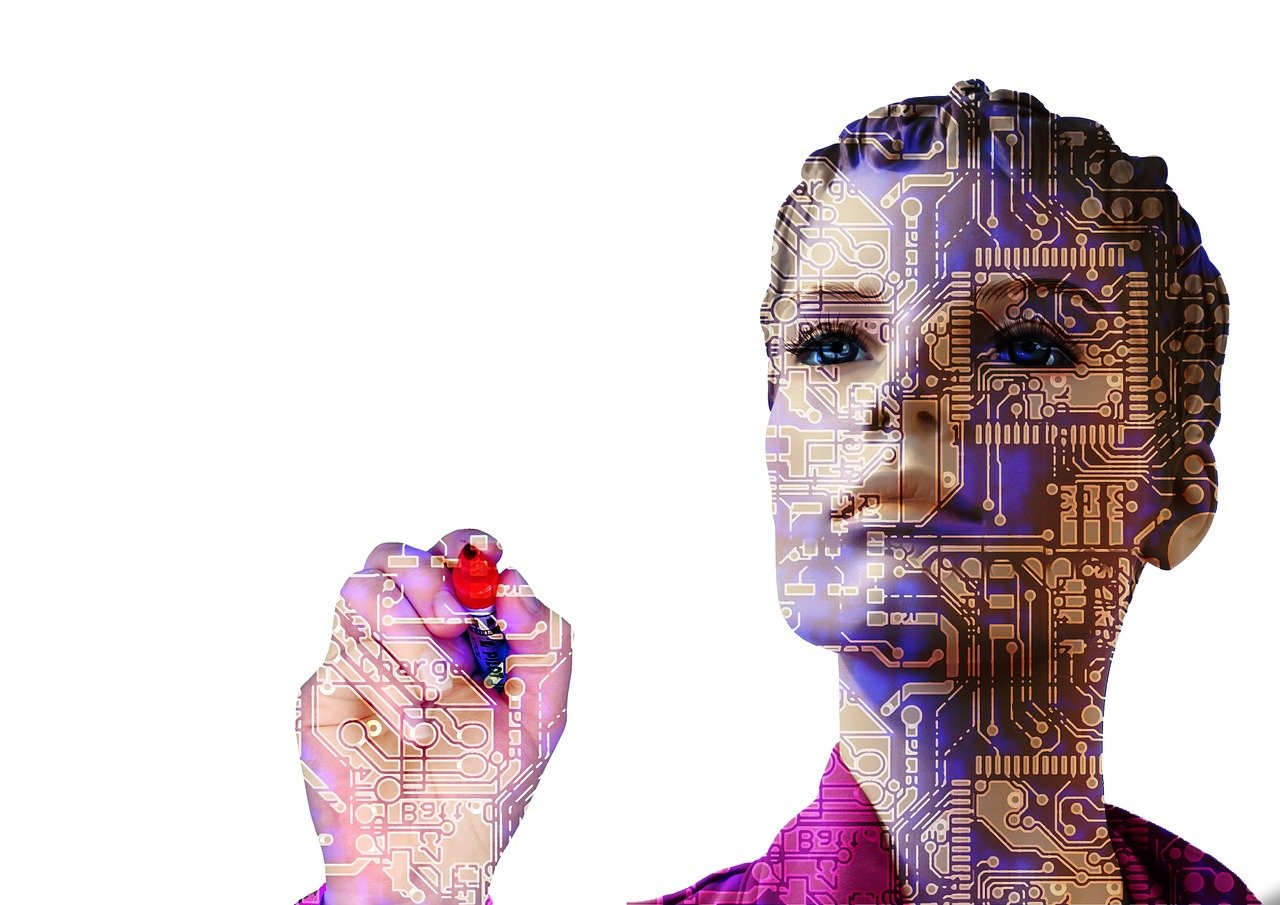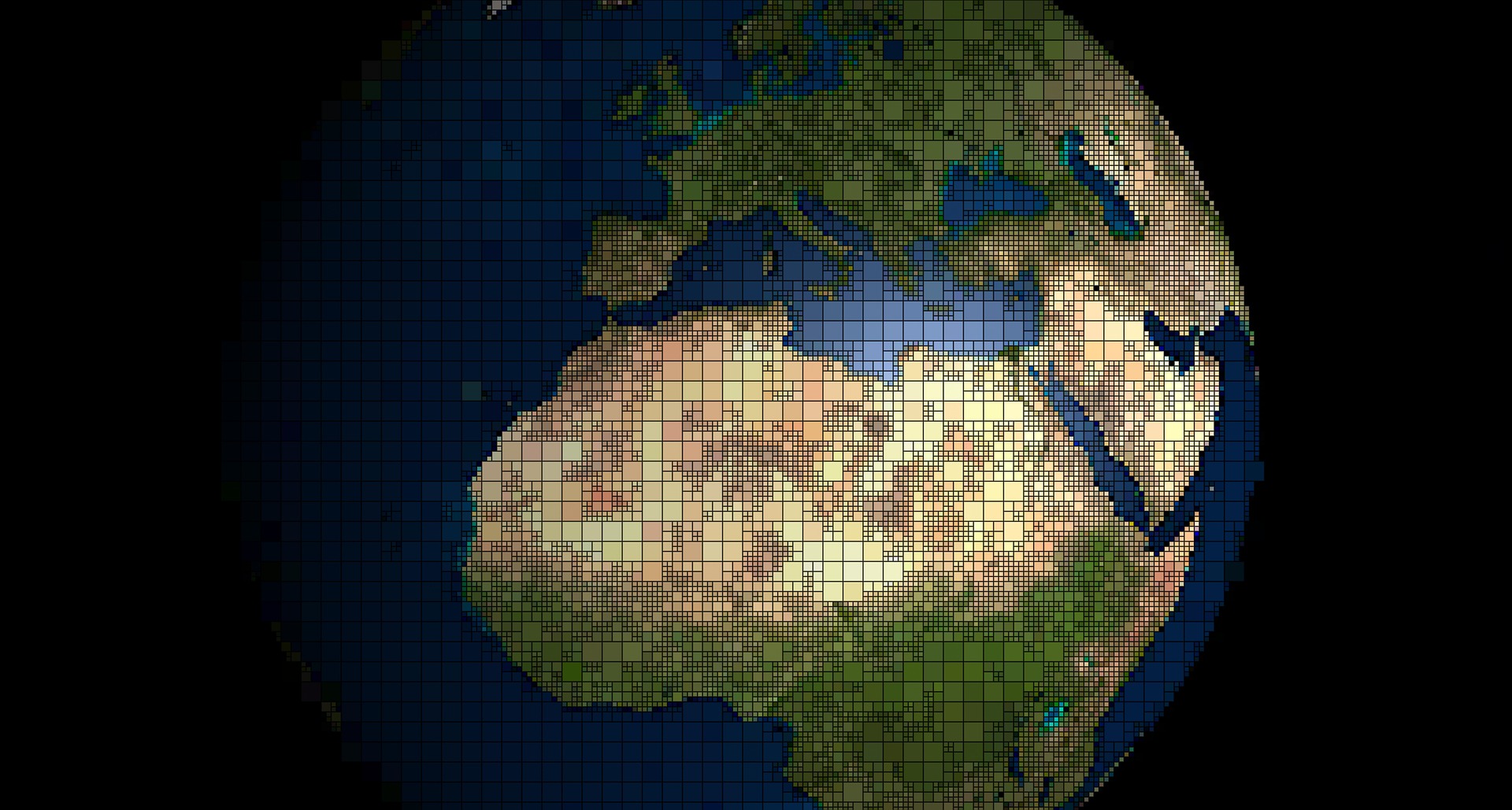Economic growth and human development are inextricably intertwined concepts. Economic growth refers to an increase in production and consumption within a country or region, while human development refers to any improvement in people’s health, education and standard of living – these two ideas mutually reinforce one another and should go hand in hand.
Relationship Between Economic Growth and Human Development:
Economic growth and human development have an intricate relationship that spans multiple dimensions. Economic expansion provides more job opportunities, increases productivity, and enhances living standards overall. When the economy expands, individuals’ incomes increase and they are better able to afford basic necessities. Such as food, housing, healthcare and education that contribute to human development. It also provides governments with resources necessary for investing in social services that contribute towards human wellbeing. Such as education and healthcare – essential components of human progress.
Human development is an engine of economic expansion:
An educated and healthy workforce are key ingredients of economic development. Education enhances individuals’ skillsets and knowledge base, making them more efficient at producing new ideas and innovations. Furthermore, an increased purchasing power of individuals encourages demand for goods and services driving economic expansion.
Long term, economic development and human flourishing are inextricably intertwined:
Economic development should be aligned with sustainable and equitable economics-growth models. Economic expansion must benefit everyone in society, including those at the margins. Governments should invest in social services like healthcare, education, and social protection to ensure everyone can access basic necessities. Investments which may contribute to improved health outcomes, higher literacy rates, and enhanced living standards – contributing significantly to human development goals.
Economic development and human advancement are central components of the United Nations Sustainable Development Goals (SDGs).
The Sustainable Development Goals (SDGs) seek to end poverty, protect the planet, and foster prosperity for all. Economic and human development are integral parts of these goals; sustainable economic growth can help eliminate poverty. While simultaneously reducing inequality and encouraging social inclusion.
This Economic development and human progress go hand-in-hand: each must exist for one another’s advancement.
Economic growth provides the conditions necessary for human-development, while human-development is integral to sustainable and inclusive economic-growth. Governments, businesses and individuals should collaborate on creating an eco-growth model that benefits everyone in society while promoting human development. Achieve this goal requires investing in social services, education, healthcare infrastructure and creating an enabling environment to foster innovation, entrepreneurship and social inclusion.
To better comprehend the relationship between economic growth and human development, it is necessary to investigate its various dimensions. According to the United Nations Development Program (UNDP), three components comprise human development: living a long and healthy life, access to knowledge and having a decent standard of living.
The first dimension, longevity and health, refers to individuals’ ability to lead healthy and productive lives. This aspect is closely tied with access to healthcare services, clean water access and sanitation, and reduced environmental risks. Economic growth plays a critical role in improving health outcomes as it generates resources necessary to invest in healthcare infrastructure and services; for instance, many countries have seen economic expansion lead to an expansion in healthcare provision which in turn resulted in improved maternal/child health, lower mortality rates, and an increase in life expectancy.
Human Development II:
Access to knowledge is key for driving innovation, creativity and productivity in society. Education serves as the main conduit of knowledge acquisition; therefore it plays an essential role in personal and economic development. Education enhances skills and knowledge of individuals leading to increased productivity and innovation resulting in economic expansion; additionally it fosters social mobility by helping people improve their living standard while contributing positively to society.
Human Development in its Third Dimension:
Economic growth and a decent standard of living go hand in hand, providing access to essential needs such as food, housing and clothing as well as essential social services like education and healthcare. Economic expansion provides job opportunities and raises income levels that allow access to basic needs and social services more readily.
This development and human growth are inextricably intertwined and mutually reinforcing: they interact to foster each other’s progress.
Economic growth is essential to human development and must be sustainable and inclusive in nature. For that to occur, governments, businesses and individuals must join together in creating an enabling environment which fosters innovation, entrepreneurship and social inclusion – this means investing in social services, education healthcare infrastructure as well as supporting equitable economic policies which benefit everyone equally – ultimately leading to more prosperous sustainable equitable future for all.
Here are a few additional points that illustrate the relationship between economic-growth and human development:
Economic expansion spurs technological progress:
Economic expansion fosters research and development, leading to technological innovations that enhance productivity and efficiency while simultaneously improving life quality through better healthcare, education, and communication services.
Human development helps decrease income inequalities:
Education and healthcare investments can reduce income inequality by giving all individuals access to quality educational and healthcare services – this can create a more skilled, productive workforce and drive economic growth.
Economic expansion may cause environmental degradation:
Economic development may lead to adverse environmental impacts, including pollution, deforestation, and greenhouse gas emissions that threaten human health and wellbeing. Achieve sustainable economic development by striking a balance between economic development and environmental protection is necessary in fostering human progress.
Human development can foster social cohesion:
Human development can strengthen social cohesion by decreasing poverty, inequality, and exclusion. This leads to more harmonious societies which ultimately foster economic growth by decreasing social and political instability.
Economic expansion offers marginalized groups a new chance:
The Economic development can create job opportunities and foster entrepreneurialism, leading to economic empowerment of marginalized groups like women and youth, which in turn reduce poverty and inequality while furthering human development.
Economic growth and human development (HD) are inextricably linked, each providing resources necessary for its other. HD is essential in creating sustainable and inclusive economic models, and governments, businesses, and individuals must collaborate together in promoting such growth models that benefit all. We must do everything possible to create a better world for ourselves and future generations by doing this work now.





Hy this Eric here